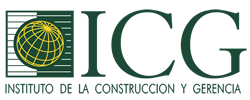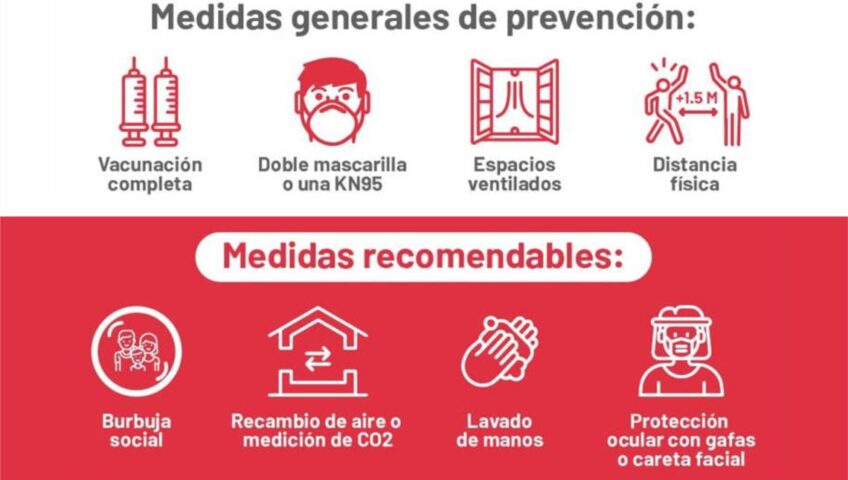Through Ministerial Resolution No. 1218-2021 it is arranged to continue with the use of the double mask and stop using footbaths and taking temperature.
The Ministry of Health (Minsa), through Ministerial Resolution No. 1218-2021-Minsa published yesterday in the newspaper El Peruano, updated the biosafety protocols for the prevention and control of COVID-19 in Peru.
The regulations provide to continue, in a mandatory way, with the use of the double mask to circulate on public roads and in closed spaces or where distance cannot be maintained. The masks should have good filtering capacity and fit the face. This will be possible with the use of a double mask (a surgical one with three folds, and over it a community mask) or with a KN 95.
Likewise, it is established to ensure that work environments, means of transport, restaurants, among others, have adequate ventilation, preferably naturally, keeping the windows open. With regard to physical distancing, he continues to maintain more than 1.5 meters of distance with other people.
The legal device also recommends maintaining the social bubble with the people with whom the place of residence is shared. In work environments or places with risk of agglomeration and closed spaces, it is advisable to measure CO2 to ensure that adequate measures have been implemented for air exchange. In the same way, you continue to wash your hands frequently with soap and water or disinfect them with 70% alcohol gel.
Meanwhile, the use of face shields or glasses is recommended in closed spaces where there is an agglomeration of people, (but it is not mandatory), however, it does not replace the use of a mask.
On the other hand, Ministerial Resolution No. 1218-2021-Minsa specifies that prevention measures such as disinfection of streets or squares, disinfection of surfaces or community spaces (with electrostatic sprayers, nebulizers, sprinklers, vaporizers or electronic air cleaners), foot baths and taking temperature or oxygen saturation have not been shown to be effective, so they should not be used by public or private institutions.
It is worth mentioning that this technical health standard is mandatory in the public health service provider institutions (IPRESS) of the Minsa, through the Integral Health Directorates (Diris), of the regional governments, through the Regional Directorates of Regional Health and Health Management (Geresa), Social Health Insurance (EsSalud), health services of the Armed Forces and the Police.

